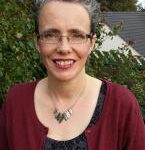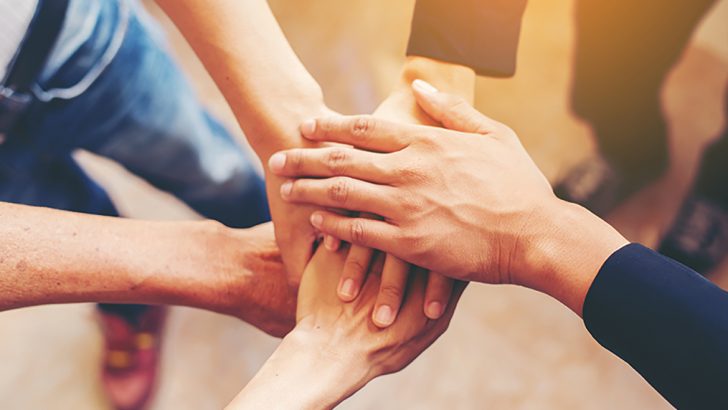The hippocampus, deep within our brain, gathers and organises short term memories, laying down the synaptic pathways for long term memories. Every time we recall a memory we travel down that synaptic pathway and the more we do so, the stronger and more lasting the memory becomes. Memories have the capacity to shape attitudes and behaviour. Life experience does not just wash off us like dust in the rain. Rather, through the action of memory, experience is layered within us, shaping who we are.
Over these months we have shared the profound and challenging experience of living through a pandemic. For many, that experience has devastated their world. None of us remain untouched. What has your experience been? What will you remember of this time? What have you learned about yourself, your strengths and your vulnerabilities? What about your family, parish, community and nation? What have you learned about prayer, faith and your relationship with God? And what of the society we live in, locally and globally? What have you seen and heard, read about and thought about? What has challenged you, frightened you, given you hope?
On Pentecost Sunday our own bishop, Bishop Alan McGuckian, spoke of how many have begun to glimpse a new way for our lives, that the way it always was is never as good as the way God wants it to be into the future. Surely it is the case that the future will only be better if we remember, reflect and learn from our experience. That can seem like a daunting task whether for ourselves and our families or for a parish, diocese or community. Remembering may seem demanding, and easily set aside once we are busy about other things. But maybe the way forward has already been given to us.
Pope Francis recently invited us to engage in a year of reflection and action on Laudato Si’. This encyclical, published five years ago is about our relationship with God, with each other and with creation, which Pope Francis refers to in the title as Our Common Home. Urging us to build a future which is good for the earth and all her people Pope Francis invites us to learn about listening, accompaniment and sacrifice.
Our recent experience has taught us much about these and so it seems to me that remembering and reflecting in the light of Laudato Si’ could guide us into a new future. We have spent these months listening to reports of heartbreak and heroism. We have heard of the devastation caused by poverty and inequality layered on top of pandemic. We have listened to each other, stories of simple joys, loneliness, frustrations, new discoveries. What does our listening tell us for the future we want to build?
We have accompanied each other in a way that speaks of love, respect and solidarity. We may have struggled with frustrations at those who have seemed to disregard such things. It has demanded sacrifices – small ones and ones too enormous to fit into words. We have reassessed what is essential in life and learned something of simplicity. Remembering urges to consider what sort of future we want. Will we cast simplicity aside again?
Have you ever been more aware of birdsong? In remembering that, have we the potential to live more environmentally aware lives? Laudato Si’ urges us to listen to the cry of the earth and the cry of the poor, to stand with all those who are oppressed and discriminated against. Pope Francis invites us to solidarity – and these months have given us a real experience of that. In so many ways this encyclical echo and calls forth our experience of these past months.
There are resources available also. SaltandlightTV.org offers a wonderful Laudato Si’ based documentary series “Creation”. The Global Catholic Climate Movement offers resources and invites us to pray with a global community. Perhaps this Laudato Si’ Year announced by Pope Francis is just what we need to guide us forward. If we fail to remember nothing will change. The choice – and the future – is ours.


 Bairbre Cahill
Bairbre Cahill